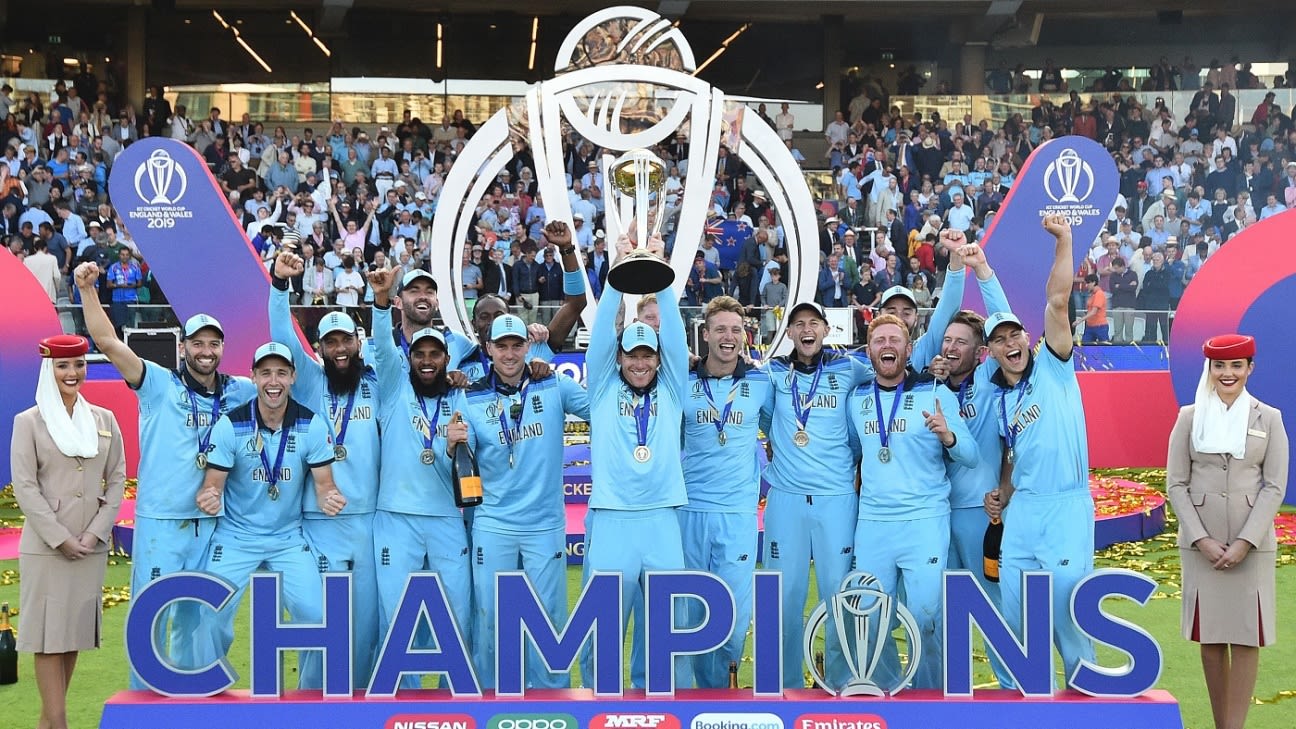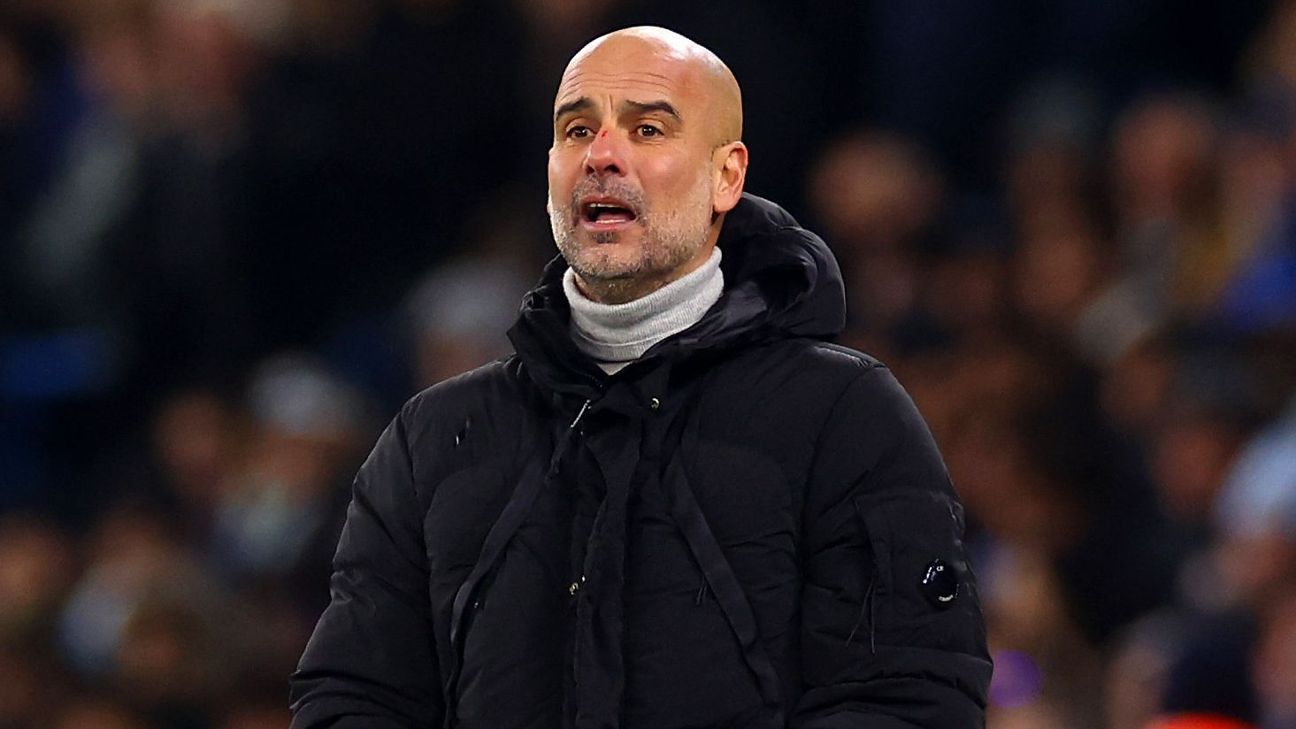
The Federation of International Cricketers' Association (FICA) has begun legal proceedings against the ICC, claiming that the latter's use of player image rights is not fair. That has looked the likely outcome of the dispute for some time now, after year-long discussions failed to bring resolution.
"We have done our best over more than a year to try to resolve these issues in a constructive way with the ICC and they haven't been interested in working with us on a fair outcome," Tom Moffat, chief executive of the global players' body, said. "We have discussed this with the international players from the FICA countries over a number of months and we have had no option but to commence legal proceedings on these points given there are significant principles of fairness at stake."
All countries sign squad terms at the start of a rights cycle with the ICC (in this case, 2015 to 2023) and the squad terms are negotiated with FICA to set out what player rights can and can't be used for ICC events. According to Moffat, players allow the ICC "limited rights" to use their attributes or images in "certain ways" for a "short period" before, during and after an ICC event.
Not all countries are members of FICA - most notably India and Pakistan - but the dispute centres on three commercial deals the ICC has signed where FICA argues the global governing body is using rights it is not entitled to. The ICC disagrees, claiming those rights as part of terms negotiated with FICA.
Additionally, the ICC are likely to argue that the commercial rights it generates are, in any case, ultimately distributed to members and - in theory - in some portion to players again, so players get more than just the negotiated squad term payout.
"The ICC are using player attributes and other commercial rights outside of this and in a way that hasn't been authorised by the players," Moffat said. "The ICC do not have a blank canvas to make money using player images and attributes without their consent and without fair arrangements being in place. Player commercial rights should be respected and arrangements around their use should be fair and agreed with them collectively. That is not the case at global level at the moment unfortunately and we want that resolved."
Despite the fact that players from India and Pakistan, among others, are not part of this dispute directly, it is a fairly significant development. If nothing else, it is the first major dispute of its kind since the early 2000s, when a host of ICC tournaments were often preceded by fears of team withdrawals, or weakened teams being sent, because players were not happy with the terms on offer.
The matter will now go to the disputes resolution committee of the ICC, which has refused to comment on it so far.















 Phone: (800) 737. 6040
Phone: (800) 737. 6040 Fax: (800) 825 5558
Fax: (800) 825 5558 Website:
Website:  Email:
Email: 






